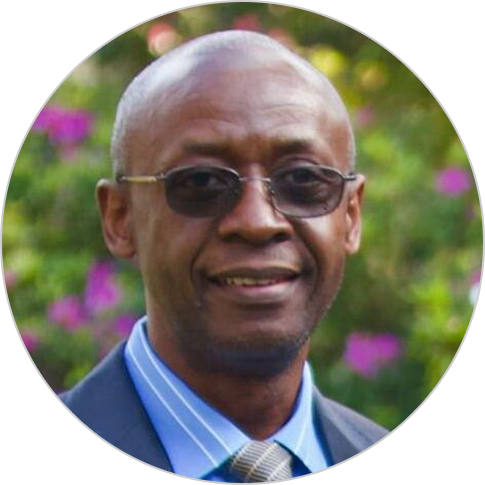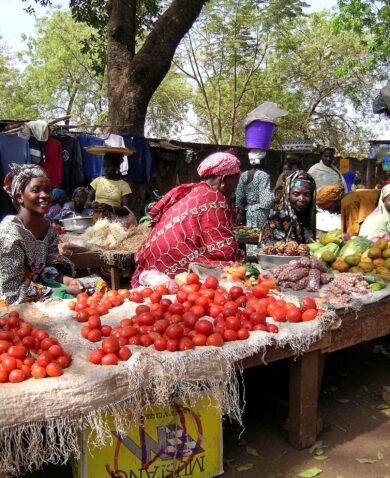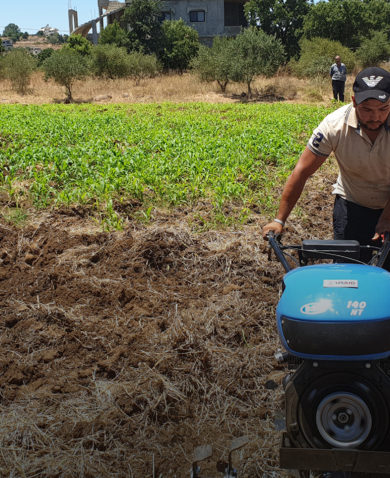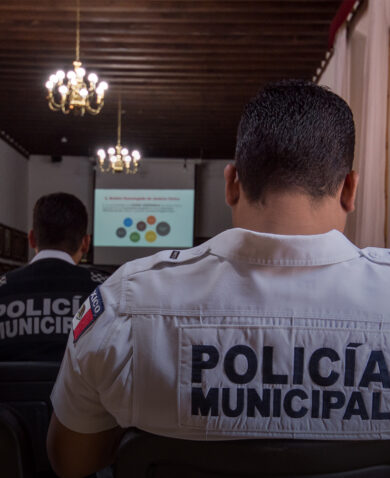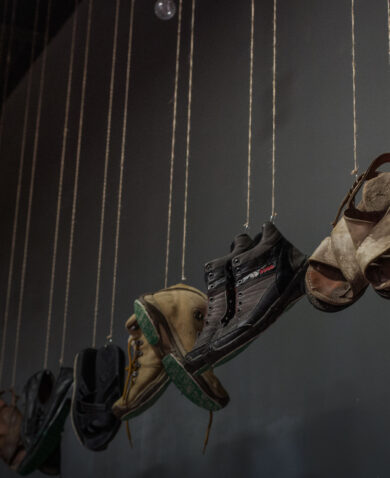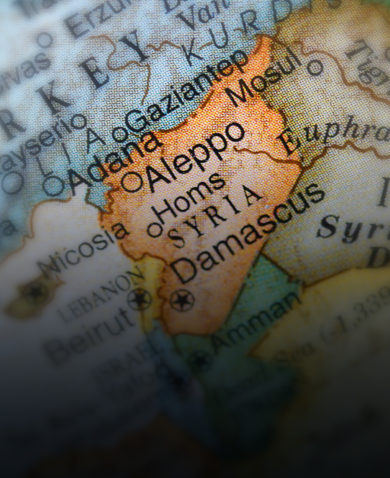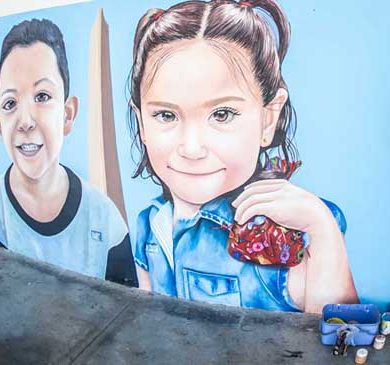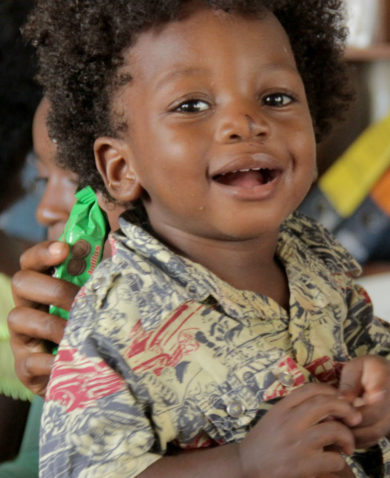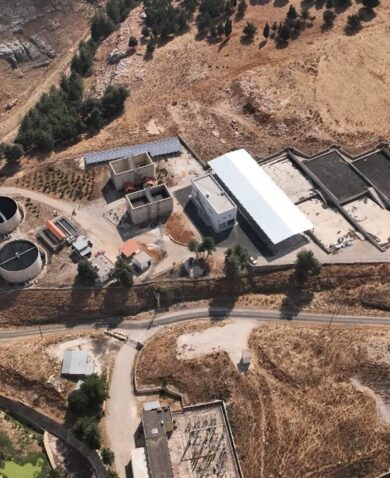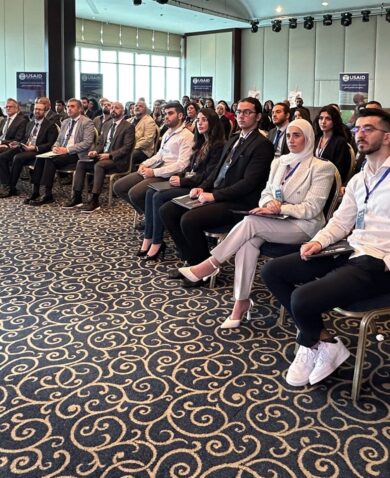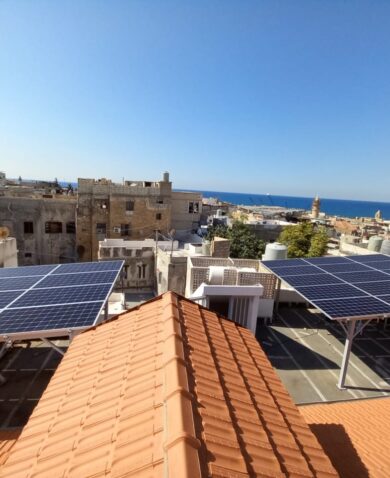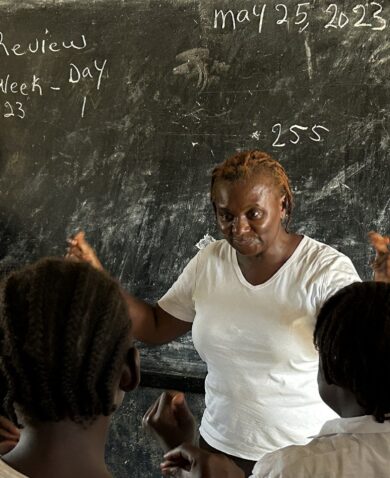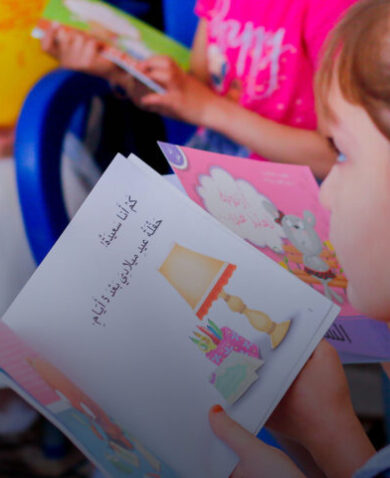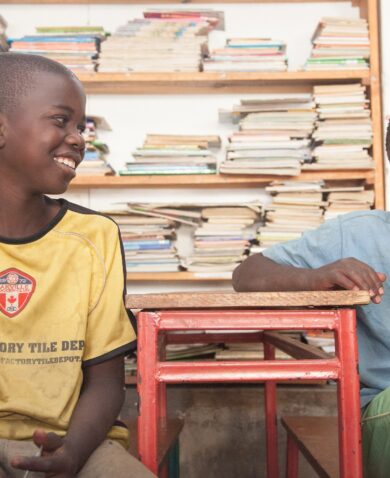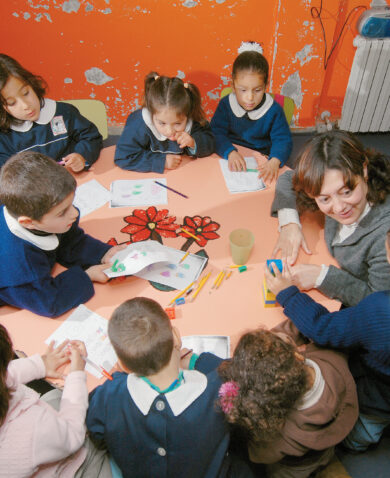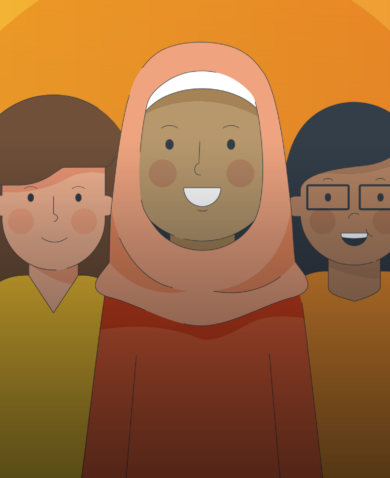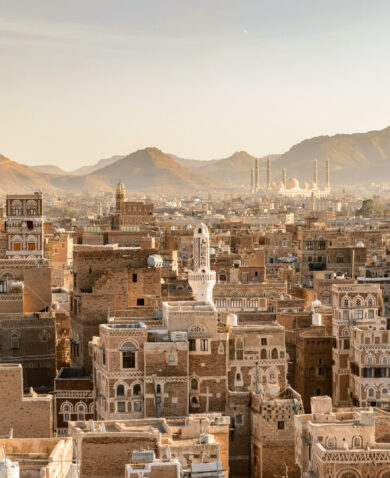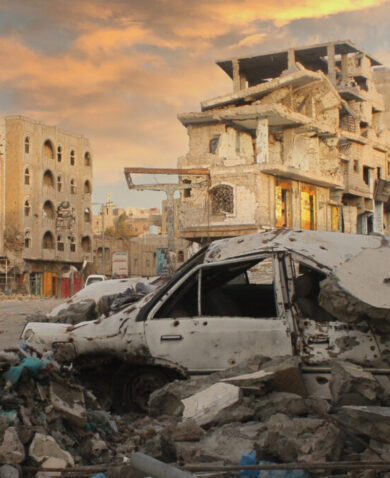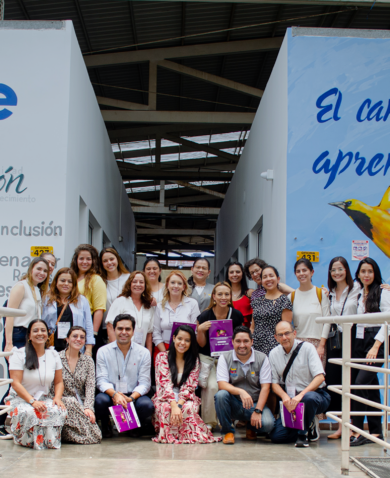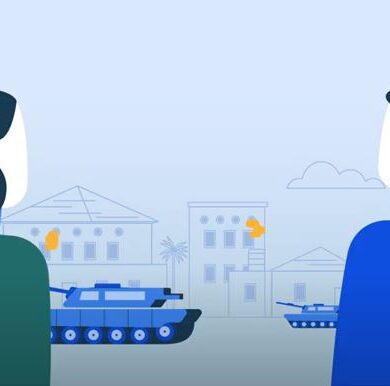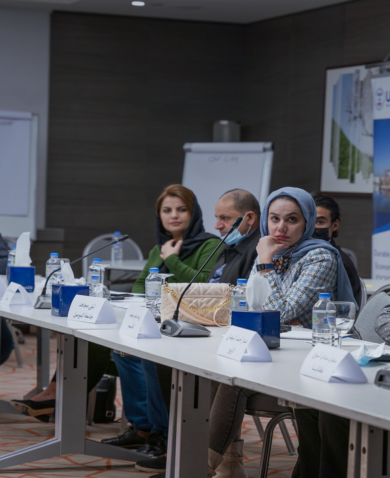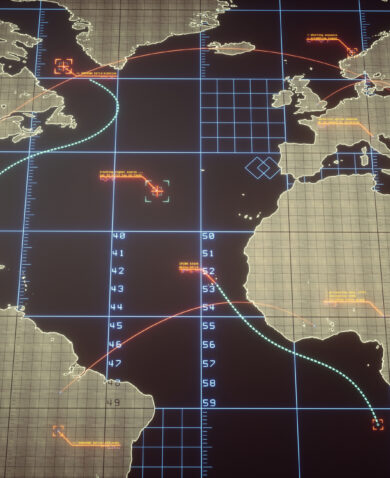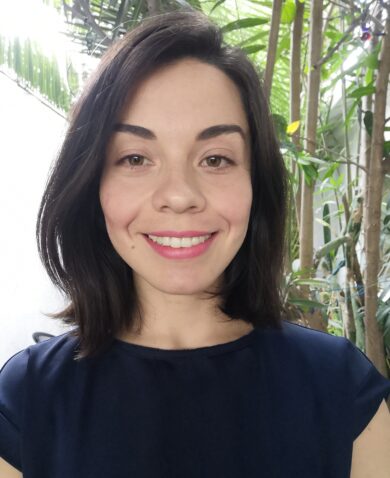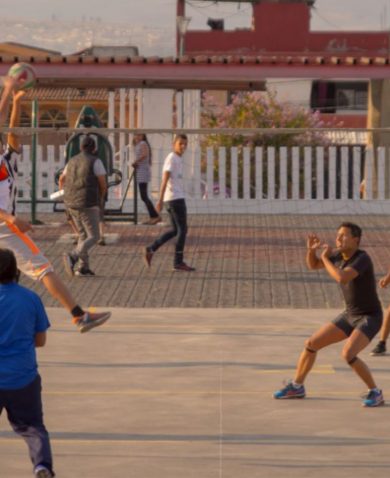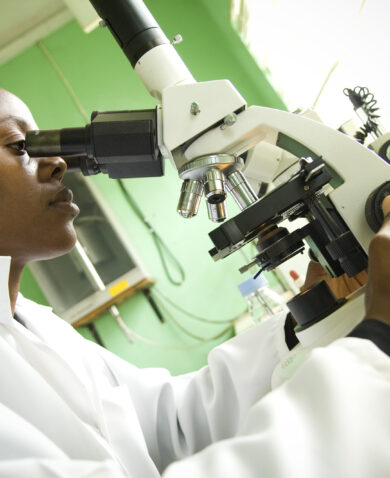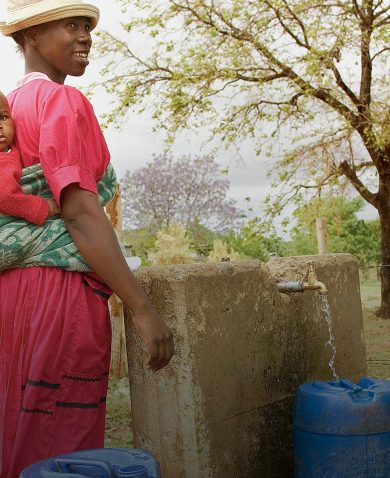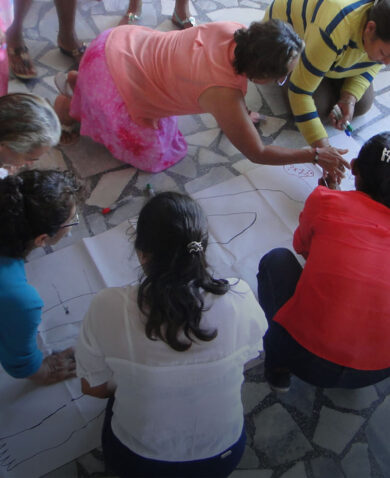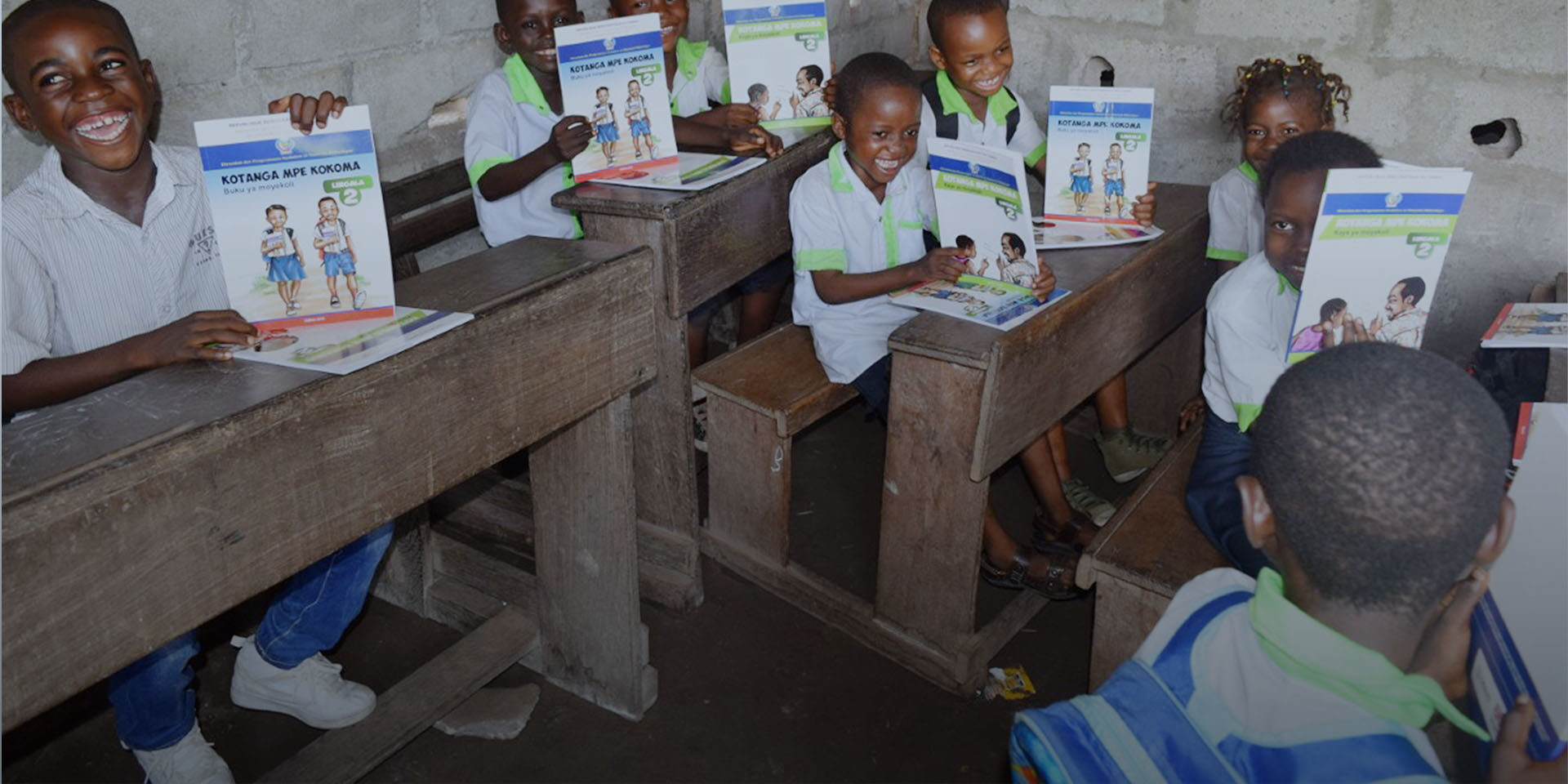
3 Questions with Fred Kasongo on Expanding Early Grade Literacy in Crisis-Affected Communities
August 14, 2020 | 4 Minute ReadHow can we equip teachers to support student literacy in the midst of global and regional uncertainties? Fred Kasongo reflects on the ACCELERE!1 project's training-of-trainers activities designed to strengthen early grade literacy in Eastern DRC, despite COVID-19, Ebola, and armed conflicts.
1) Why do you think it is important to expand activities to Beni and Butembo?
As a Congolese citizen, I’m aware of the challenges in various parts of my country, and in particular, in Beni and Butembo in Eastern Democratic Republic of Congo (DRC). Approximately 1 million inhabitants of these cities face heightened insecurity from multiple socioeconomic and cultural challenges such as internal displacement and limited access to water, food, health, and education. Children in Eastern DRC are at an especially high risk of lacking a good education, getting involved in militia, and losing hope and a better future due to destabilization from armed conflicts and the Ebola epidemic since August 2018. To mitigate these risks for children who are vulnerable, the ACCELERE!1 project (A!1) is piloting early grade literacy activities in this region, and I believe it will make a difference and impact the lives of thousands of children in Eastern DRC.
Funded by USAID and U.K. aid, A!1 has worked with students, teachers, administrators, reading coaches, and community members across 26 subprovinces to increase children’s access to education and mastery of key reading skills by the end of Grade 2. As part of this effort, the project has provided training and materials to enable teachers in the region to spread skills related to teaching early grade reading among their networks. I have seen results of A!1 in the provinces in DRC, and the current pilot of this training-of-trainers approach in Beni and Butembo aims to benefit the children of those areas, too. However, major challenges remain: the Ebola epidemic, COVID-19, and armed conflicts. When schools reopen, we can conduct practical implementation and assess our work. I am optimistic that this pilot project can contribute to stabilization by improving the quality of education. Our children will have a better chance to improve their futures, experience greater certainty, and embark on a more hopeful path. There is still much to be done, but as an education professional, I see this pilot project as another step in the right direction toward improving the education system in the eastern region of my homeland.
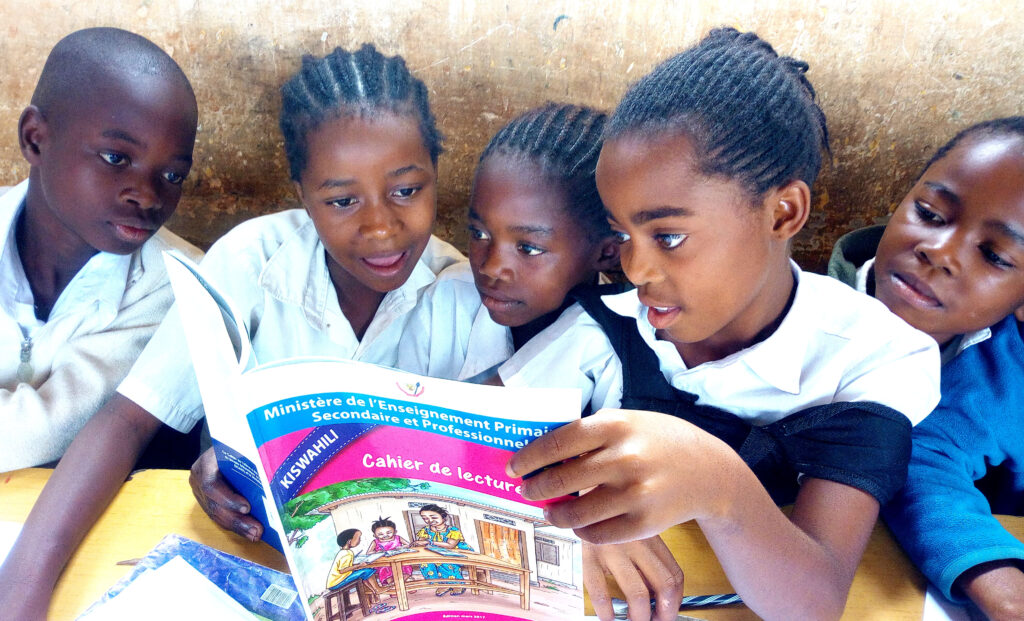
2) What tools have you seen work for an early grade literacy project?
A!1‘s approach includes (1) the training of trainers for inspectors, directors, teachers, and members of civil society on a pedagogical approach based on gender and peace; (2) the training of principals and educators of alternative learning centers in basic and functional literacy programs in Kiswahili; and (3) the distribution of teaching and learning school materials.
Because of the destabilization in Beni and Butembo specifically, the project trained educators, school administrators, and members of civil society in how to improve education outcomes within a gender and peace framework. We applied a gender-sensitive lens to our instructional approach which requires teachers to consider gender in their language use and in their interactions with children. For example, the project training guided educators in how to engage boys and girls in duties and responsibilities at school in gender equitable ways, not always according to traditional gender roles. And training participants learned that the educational materials they used should reflect gender inclusivity, for instance depicting both male and female characters or examples in images. Regarding peace, the project developed and provided trainees with materials that featured examples of living together and accepting each other’ despite the differences.”
As the A!1 project found success in this training of trainers in several regions throughout DRC, the project extended to pilot this approach in Beni and Butembo with positive results. Inspector Kasereka, who received training in Goma in February 2020, said, “This training … corrected the bias that educational actors often make in class. It is a training that has come at the right time because the children of Beni and Butembo, long struck by the agonies of wars and the Ebola virus, will now take advantage of this pilot project to learn to read and write properly with the right teaching methods and appropriate materials.” Like trainees in A!1’s other targeted regions, the teachers and principals in Beni and Butembo will share their knowledge with their peers and within their networks through exchange forums.
3) What advice do you have for people working in this region who may be facing implementation challenges?
In a volatile context like Beni and Butembo, innovative ways for project implementation are key. Local communities and organizations are important for adaptation in new areas. A!1 manages the project from Kinshasa and works with local NGOs to make sure activities are completed in the provinces. Local entities required training in budgeting, human resources, activity implementation, and monitoring. These local sub-grantee NGOs and local ministry of education authorities were then able to effectively plan, implement, and monitor activities when the project could not be present in those cities. After being trained, they in turn were able to lead activities and played the role of trainers and coaches, which contributes to the success of the project locally. Beyond this project, the NGOs are better equipped to work with other implementers, win grants, and run their own projects.
Leveraging local voices also helps pivot work and problem solve. When logistical challenges occurred, A!1 led a reflection session with local representatives and leaders. Together, the project and some community leaders brainstormed and created a new plan, and each stakeholder took responsibility to implement it. One of the solutions was to work with members of the two areas to find local solutions to enable selected community people to travel for the mission. In this case, local relationships kept the project going. Having community entities involved in the planning process and as part of the solution allows the project to adjust to the local context and get buy-in from the communities we serve.
When working in new areas, effective leadership is essential. The project uses remote project management based in Kinshasa. With COVID-19 making it difficult to send staff in person, the project worked with the provincial team to provide remote technical and operational guidance to the local organizations in charge of implementing activities in Beni and Butembo.
Posts on the blog represent the views of the authors and do not necessarily represent the views of Chemonics.
Banner photo caption: Grade 2 students in Eastern DRC prepare to read their Kiswahli workbooks developed by A!1.

